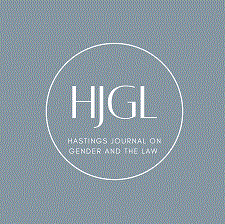
Abstract
Individuals’ mental states are relevant to many processes in America’s legal system, from finding parties had consciousness of guilt to determining damages for tort victims’ pain and suffering. Under the First Amendment, emotions are taken into consideration for assessing the boundaries of free speech rights. Among the essential emotions affecting analyses of free speech rights—and limitations—is anger. This essay examines how First Amendment jurisprudence grapples with anger in two free speech contexts: the “fighting words” doctrine under Chaplinsky and the “incitement” doctrine under Brandenburg. The analysis finds a baseline definition of anger that is subtly, yet importantly, gendered and racialized. For the “dormant” Chaplinsky doctrine, troubling questions of systematic bias may be limited; however, anger’s conceptualization produces more-serious concerns under Brandenburg. It concludes with recommendations for constitutional law scholars and practitioners working to vindicate broader First Amendment protections irrespective of gender, race, and other individual positionalities.
Recommended Citation
Andy Carr,
Anger, Gender, Race, and the Limits of Free Speech Protection,
31 Hastings Women's L.J. 211
(2020).
Available at: https://repository.uclawsf.edu/hwlj/vol31/iss2/6


